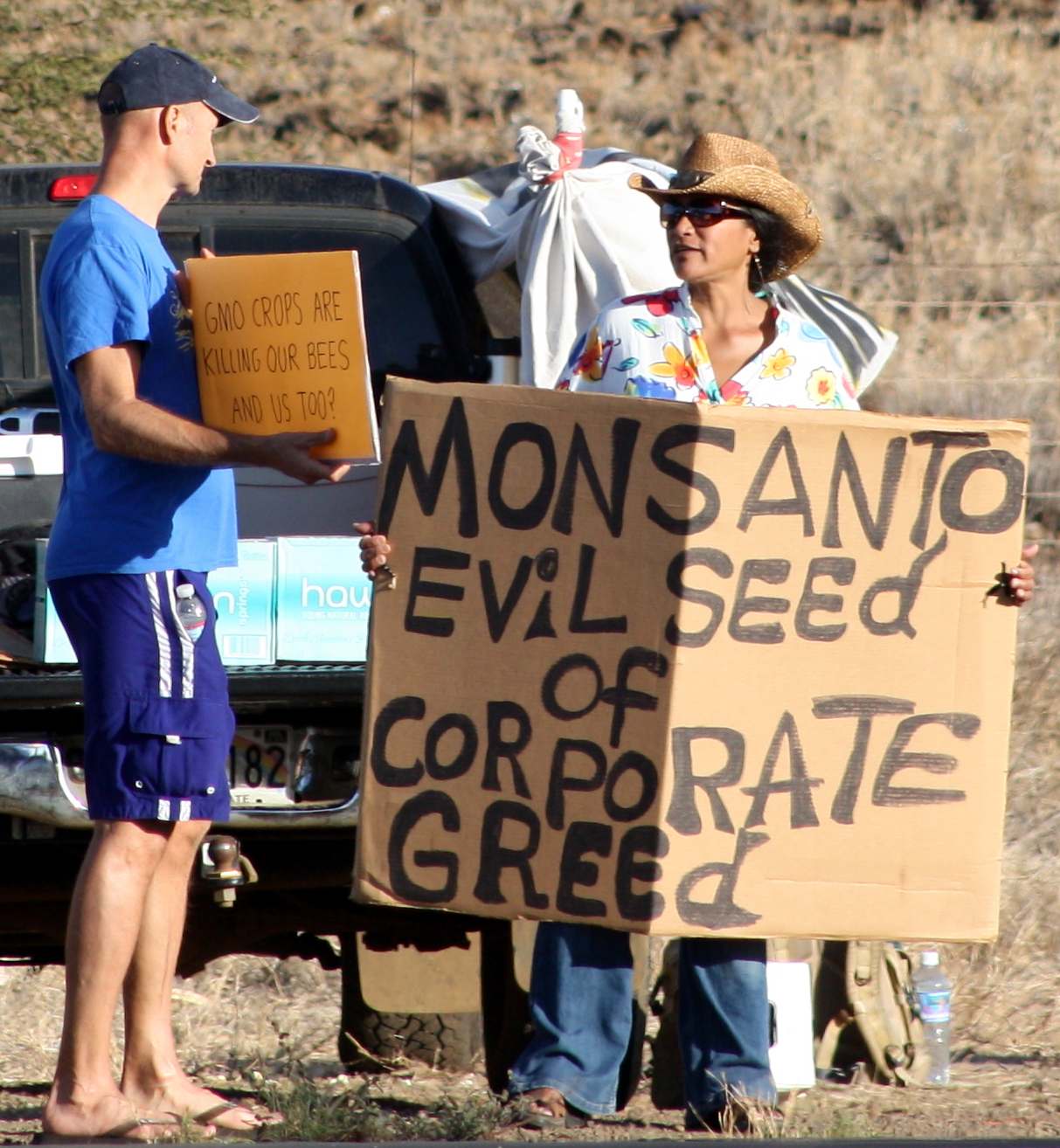
Environmentalists Plan Fierce Battle against Bayer-Monsanto Merger
Critics fear the takeover of Monsanto by Bayer would create a GMO juggernaut too powerful for Europe to resist, while conveniently "disappearing" a tarnished brand. Concerns abound over concentration in the seed market.
This May, environmentalists amassed in cities around the world once again for their annual "March Against Monsanto," which for four years has been protesting the world's most infamous producer of genetically modified crops. But next year, the demonstrators may no longer have a Monsanto to protest against.
May 31, 2016 | Source: DW | by Dave Keating
Critics fear the takeover of Monsanto by Bayer would create a GMO juggernaut too powerful for Europe to resist, while conveniently “disappearing” a tarnished brand. Concerns abound over concentration in the seed market.
This May, environmentalists amassed in cities around the world once again for their annual “March Against Monsanto,” which for four years has been protesting the world’s most infamous producer of genetically modified crops. But next year, the demonstrators may no longer have a Monsanto to protest against.
The protestors haven’t succeeded in shutting the company down. On the contrary, the firm has become so successful that one of Germany’s largest companies has made a $62 billion (55 billion euro) bid to acquire it.
The merger proposal from Bayer, the international chemical and pharmaceutical company most famous for producing Aspirin, is the largest-ever foreign takeover bid from a German company. Both companies produce pesticides, and together would control 28 percent of the global pesticide market. The offer is still under negotiation.
The size of the combined company will invite close scrutiny by competition regulators. But its potentially dominant position in the agrochemical field has also raised alarm on environmental grounds.
Burying a tarnished brand
The reaction has been particularly strong in Germany, where the German public is generally opposed to genetically modified crops, or GMOs. US-based Monsanto pulled out of the GMO market in Europe years ago because of the EU’s defacto moratorium on growing such crops. But the company continues to be involved in importing GMO crops into the EU.
Monsanto has become the main target of the anti-GMO movement globally – particularly in Europe, where it faces ongoing controversy over its most widely-used weed killer glyphosate, which environmentalists want banned after its EU authorization runs out in June.
